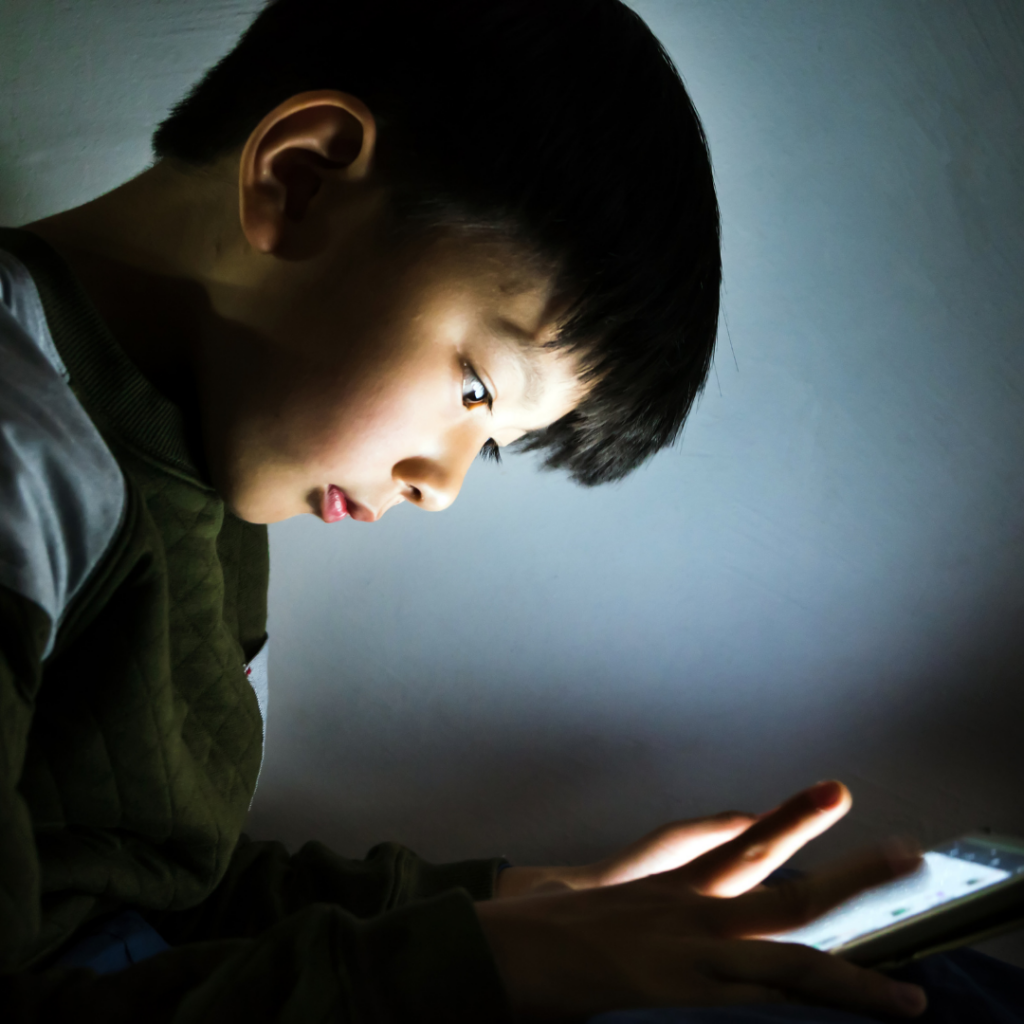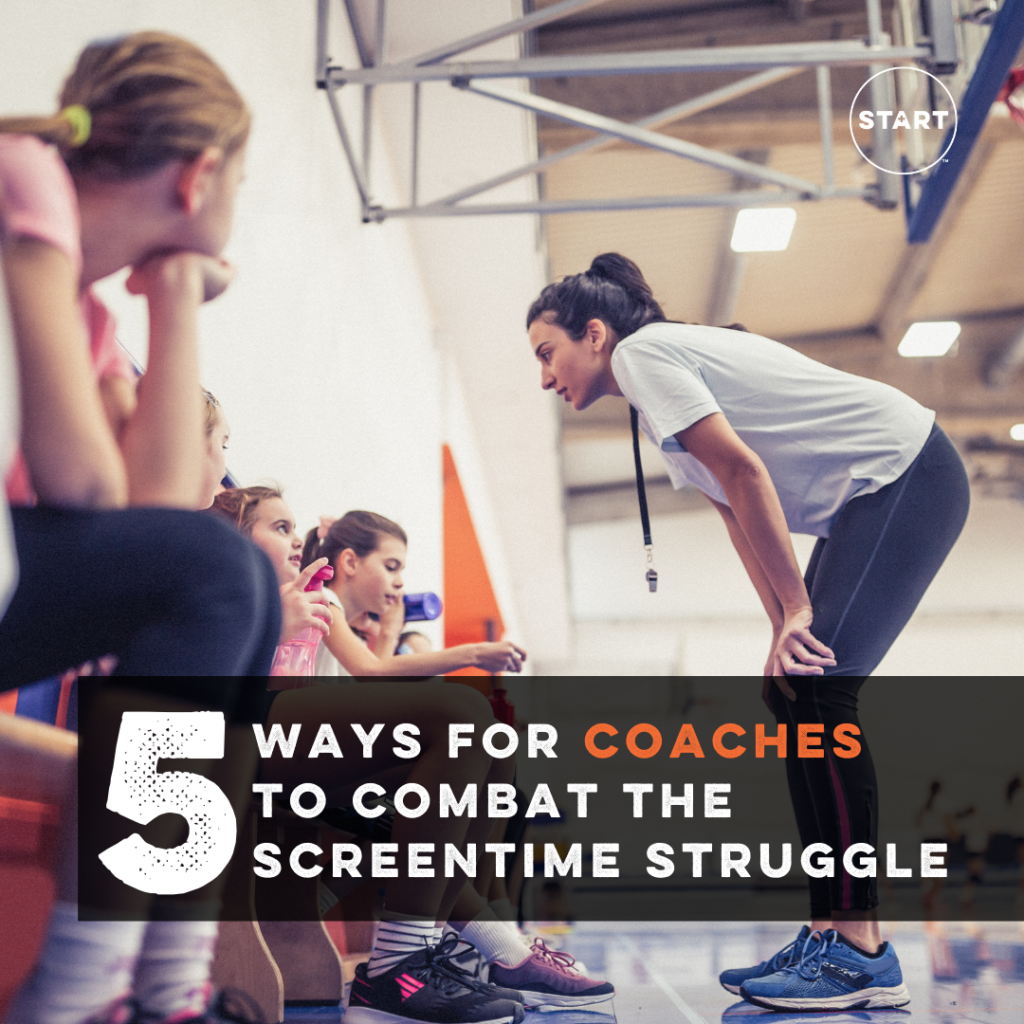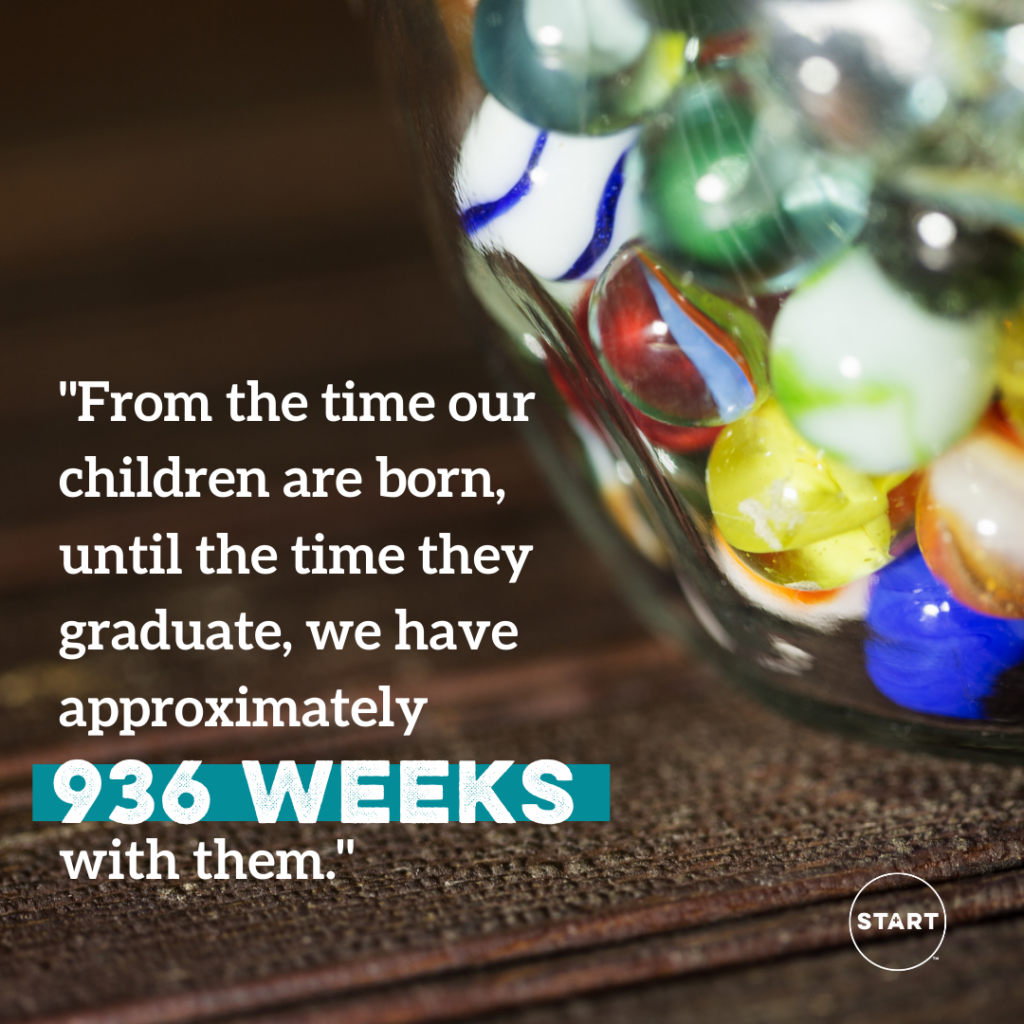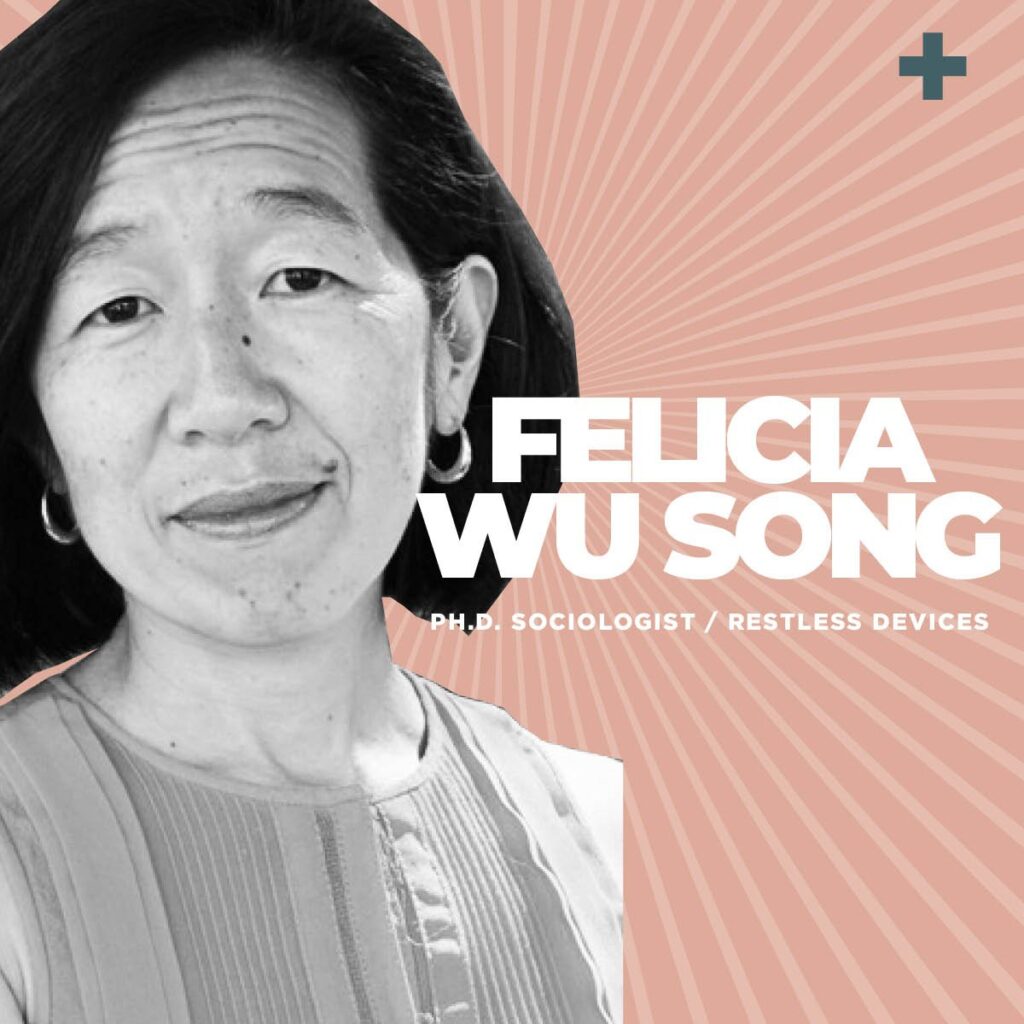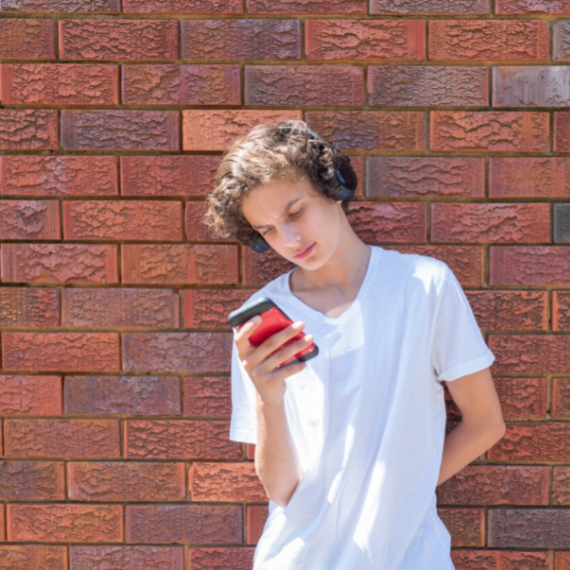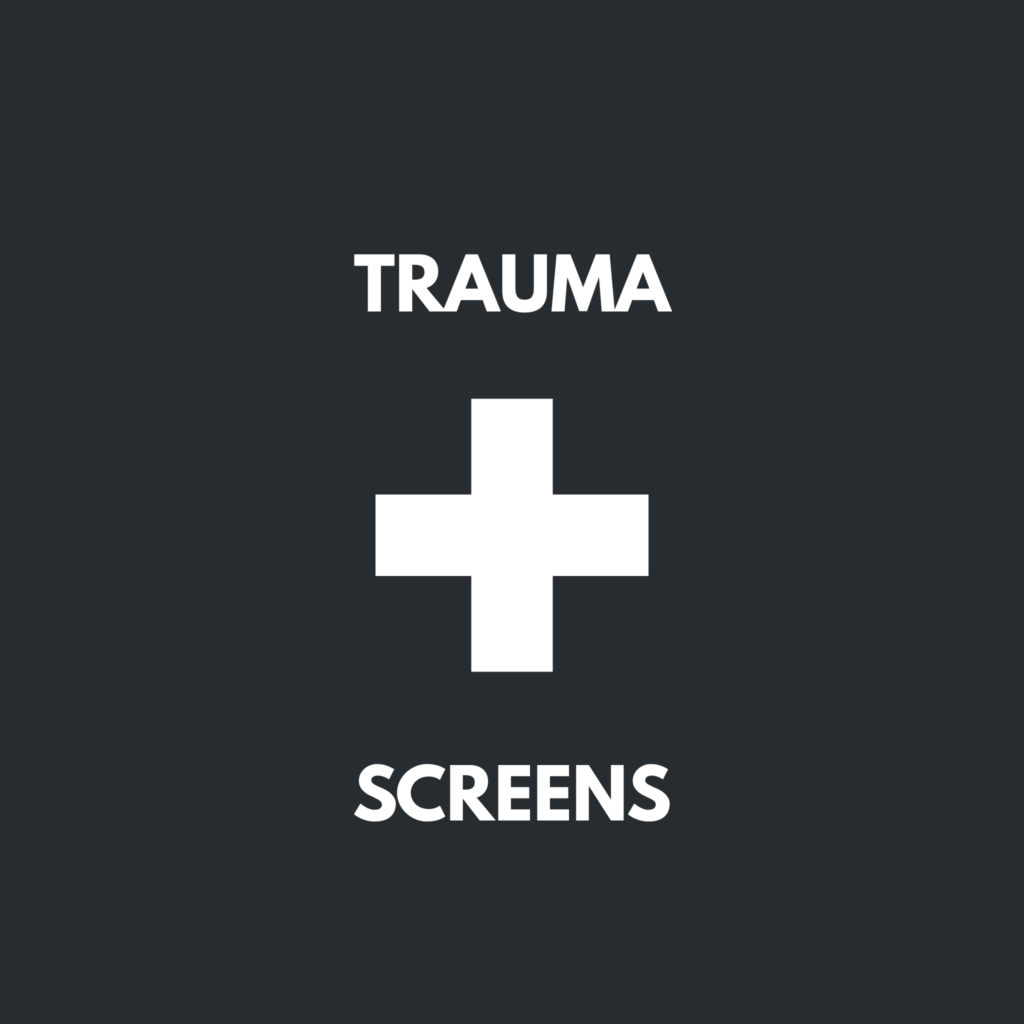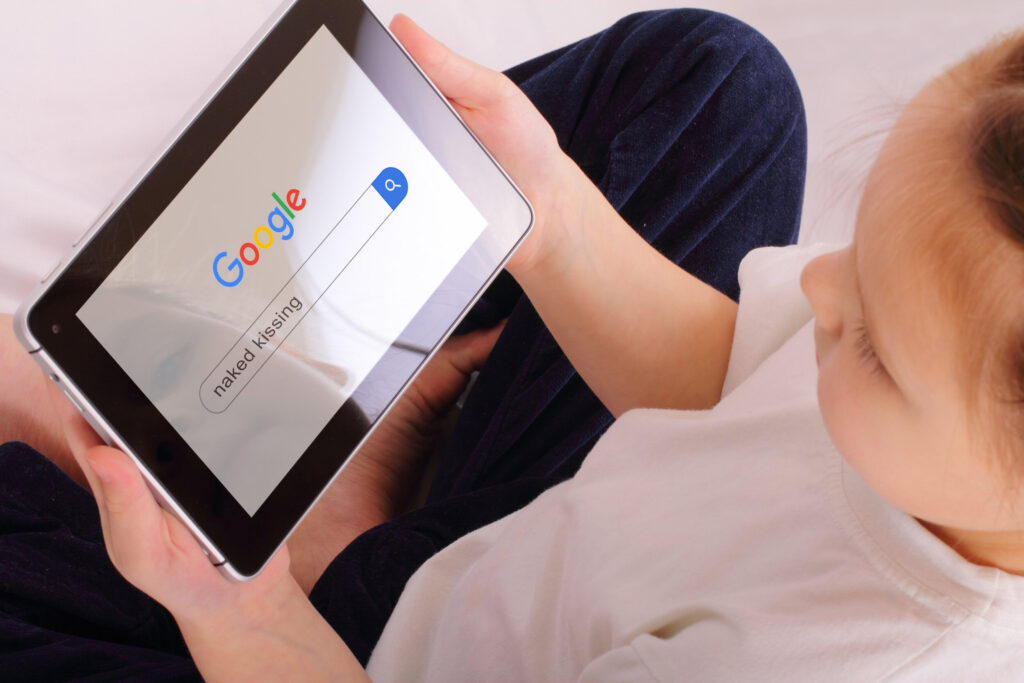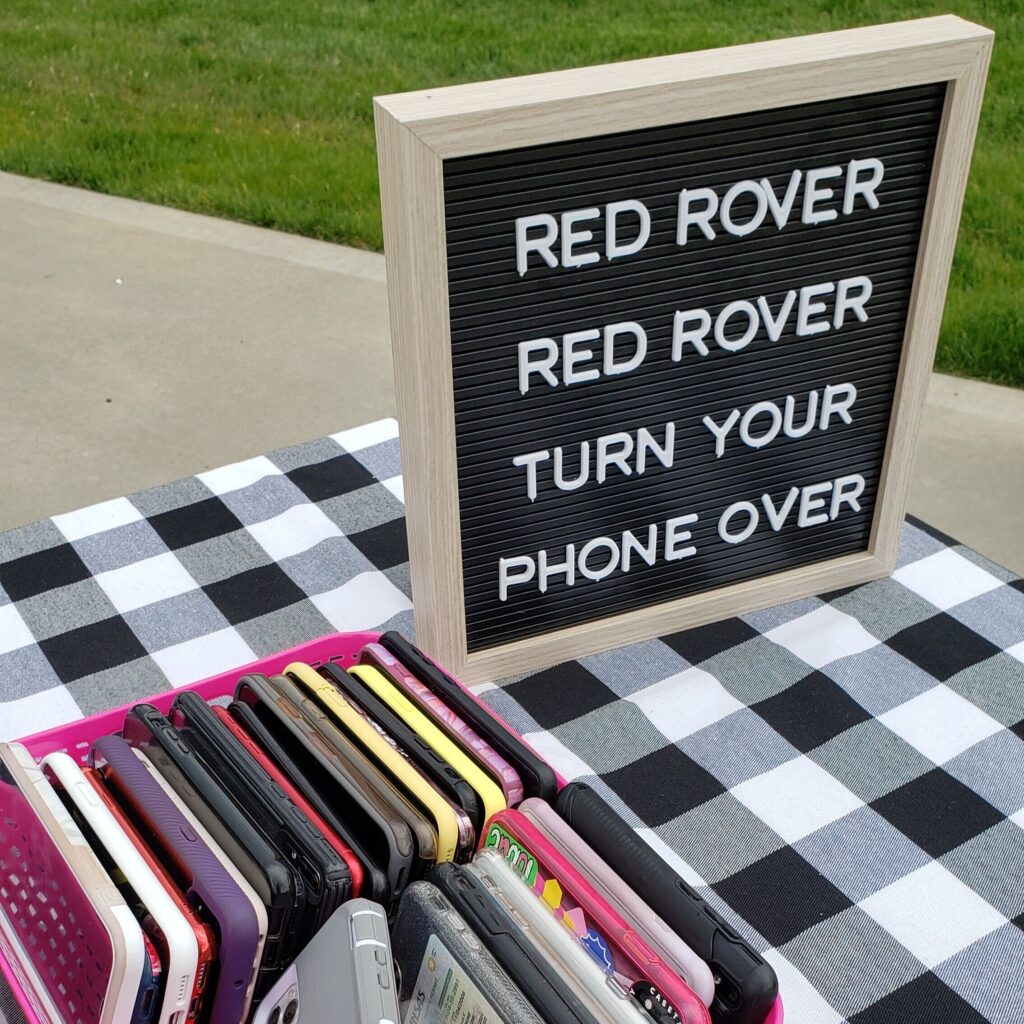Few thoughts are as daunting to parents as the prevalence of pornography and predators in the lives of our children. While we’d like to think porn only lives in hard-to-reach corners of the internet, the reality is it’s only a few clicks away. According to Defend Young Minds, the average age of first porn exposure is nine years old.
The positive effects of participating in youth sports are numbered, yet there is a distracting new teammate causing disengagement among today’s athletes—the smartphone. Instead of focusing on the game, players run to the bench to check their phones for notifications. Instead of practicing drills outside, teens spend hours inside scrolling through social media.
We all know time matters. For parents, we need to focus on how we spend that time. From the moment our children are born until the time they graduate, we have approximately 936 weeks with them. In the book Playing for Keeps by Reggie Joiner, Kristen Ivy and Liz Hansen, these precious weeks are illustrated with a jar filled with marbles—each marble representing one week.
Felicia Wu Song is a sociologist at Westmont College who studies the way technology has changed contemporary life. On the Screen Sanity’s final episode of 2021, she joins START co-founder Krista Boan for a conversation about digital fatigue and unpacks how our own lives have been transformed by devices and screens.
Join Krista Boan as she talks with the founder of Protect Young Eyes, Chris McKenna. It’s a topic many parents are trying to tackle: digital safety. They talk tools, apps, ways to think about “layers” of protection, and a variety of other details that parents are trying to grasp.
If you have a teen or tween, you’re probably familiar with TikTok challenges. Some of them come and go without gaining much traction, and others—like the recent “devious licks” challenge—make headline news.
We recently chatted with a mom who has an adopted son from foster care. Due to past trauma, she explained that he could experience things differently…one of those things is video games. The moment we heard her story, we wanted to know more and understand how the START community could help by raising awareness.
Recently, one of our Screen Sanity parents contacted us to seek advice on how to handle school-issued devices in her family’s home. With the fall season in full swing, we thought it timely to share our feedback in hopes of helping others who are sending kids back to school with more technology than ever.
It takes an incredibly brave parent to share about their challenges. Instead of putting on their blinders to protect their ego, they face the truth in order to help protect other children. This story is from one such mother, Ashley, who shared her story with START —so others might not go through the pain she has been through. Thank you, Ashley. Your courage and vulnerability are such a gift.
When we establish device-free zones, we develop lifelong habits that foster our kids’ mental health. And when the whole community is on board, it is a game-changer. FOMO goes down, sleep goes up, and risky behaviors aren’t as tempting. Though there might be pushback at first, they’ll feel relieved without the pressure to always be “on.”
